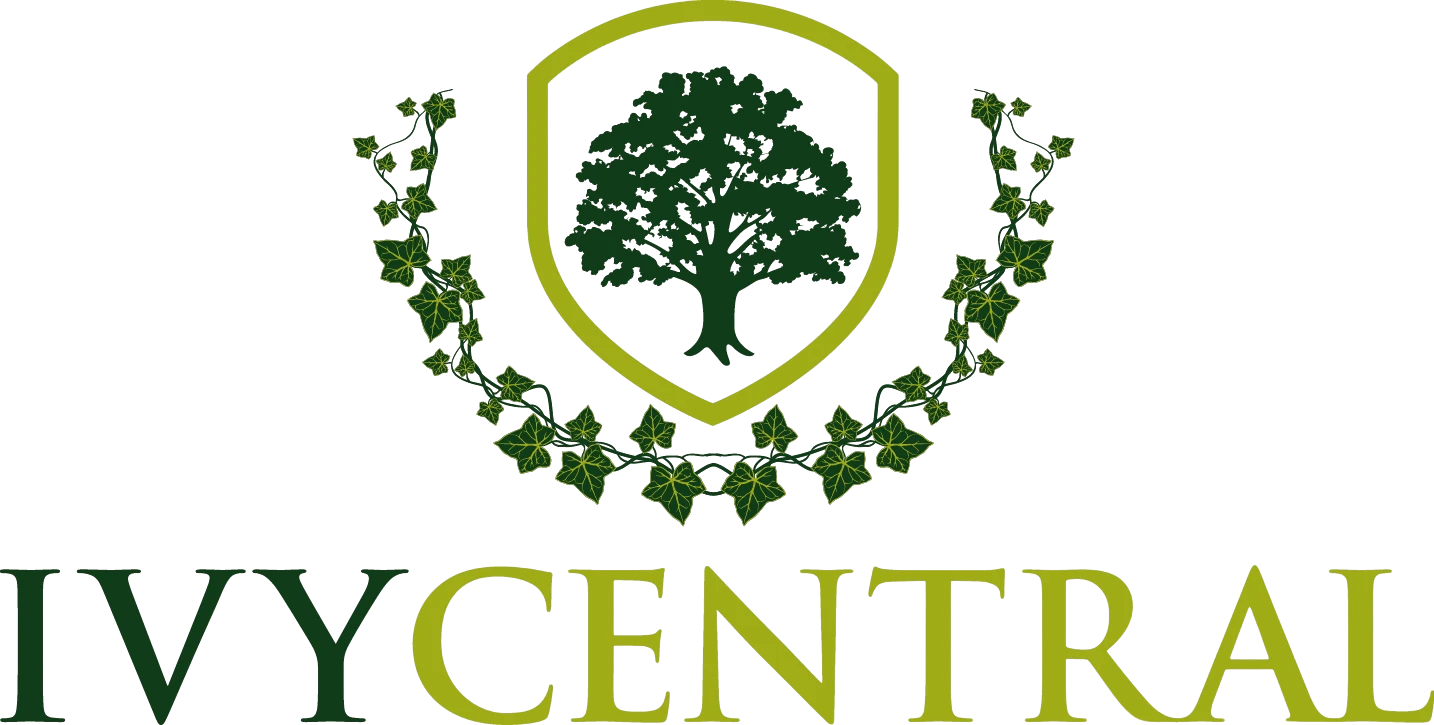Forensic Entomology is the study of insects and arthropods in criminal investigations. It offers a captivating glimpse into the natural world’s role in solving crimes. Imagine a crime scene where the witnesses are not humans but tiny insects that swarm over a decomposing body, often within minutes of death. These insects, primarily flies and beetles, lay eggs that quickly hatch into larvae, creating a bustling ecosystem that provides crucial clues for forensic investigators.
Unlocking Crime Mysteries with Forensic Entomology
Forensic entomology can determine when a victim was killed by examining the species and stages of insects on and around the body. As a body decomposes, different species arrive on the corpse in a predictable pattern of insect succession. Ivy Central always here to help you.
By monitoring the types of insects present and analyzing the developmental stages of their larvae, forensic entomologists can estimate the postmortem interval (PMI) with accuracy. This information can reveal not only the time of death but also whether the body has been moved since death and even potential causes of death that might not be immediately apparent from the body alone.
6 Cases Solved By Forensic Entomology & How Insects Helped Solve Crime (buzzaboutbees.net)
Who should study Forensic Entomology?
- Biology and Entomology Enthusiasts: If you have a passion for understanding insect behavior, life cycles, and ecology, a background in biology or entomology provides a strong foundation for a career in forensic entomology.
- Aspiring Forensic Scientists: Individuals pursuing a career in forensic science who are interested in specializing in a niche area will find forensic entomology a compelling option. It combines forensic analysis with biological sciences, making it a unique and rewarding field.
- Environmental Science Students: Individuals studying environmental science who are interested in the practical applications of ecological principles can find forensic entomology an intriguing area of study. Forensic Entomologist
Read More: What is Portfolio
Colleges offering Forensic Entomology in the U.S.
To gain expertise in forensic investigation, students often need to enroll in specialized programs or courses within the disciplines of forensic science or criminal justice. These programs offer a more focused study on the application of entomology in criminal investigations, including the collection and analysis of insect evidence from crime scenes.
For a student with a strong interest in biology and criminal justice, Forensic Entomology is an exciting field of study.
Purdue University
Purdue University’s College of Agriculture offers a concentration in Forensic Entomology within its Insect Biology program, preparing students for careers in various sectors including government agencies and private companies. This concentration is particularly geared toward professionals interested in crime scene investigation and disease treatment.
Program: Insect Biology, BS – Purdue University – Modern Campus Catalog™
Texas A&M University
Texas A&M University provides multiple pathways in Entomology, from Bachelor’s to Master’s degrees. Among these, the Bachelor of Science in Forensic and Investigative Sciences stands out, offering two concentrations: Science and Pre-Law.
The Science concentration is accredited by the Forensic Science Education Programs Accreditation Commission (FEPAC). Key courses in this track include:
Students are required to complete these courses with a grade of C or higher. The program necessitates 36 credit hours of advanced coursework (300 or 400-level), and a total of 120 credit hours to graduate, typically completed over four years of full-time study.
University of California-Davis
The Department of Entomology and Nematology at UC Davis offers a comprehensive Bachelor of Science in Entomology, requiring approximately 107 to 121 credit hours. The program is split between general education and specialized entomology courses, covering subjects like physics, chemistry, biology, and mathematics.
Students can tailor their studies with five minor options, including Forensic Entomology and Ecology. The Forensic Entomology minor requires 20 credit hours, with courses covering:
- General Entomology
- Insect Physiology
Additionally, students must take a closed elective in ecology to understand the interactions between living organisms and their environments.
Entomology and Nematology (ucdavis.edu)
Cornell University offers 3 Entomology degree programs.
The University of Florida offers 7 Entomology degree programs.
There are various levels of Entomology disciplines to pursue at the University of Delaware (Bachelor’s degree, Master’s degree).
The University of Maine offers a Master of Science for students who want to study insect biology.
Besides these, many colleges in the U.S. offer this niche field of study.
The interdisciplinary nature of forensic entomology means that a well-rounded education in both biological and physical sciences is crucial. This diverse scientific foundation prepares students guide for the detailed and meticulous work required in forensic investigations. Laboratory experience is especially important, as it develops the practical skills needed to analyze insect evidence accurately.
The future of forensic entomology is characterized by innovation, interdisciplinary collaboration, and a growing recognition of its vital role in modern forensic science. As technology and methodologies continue to evolve, forensic entomologists are poised to make increasingly significant contributions to criminal investigations and justice systems worldwide.
